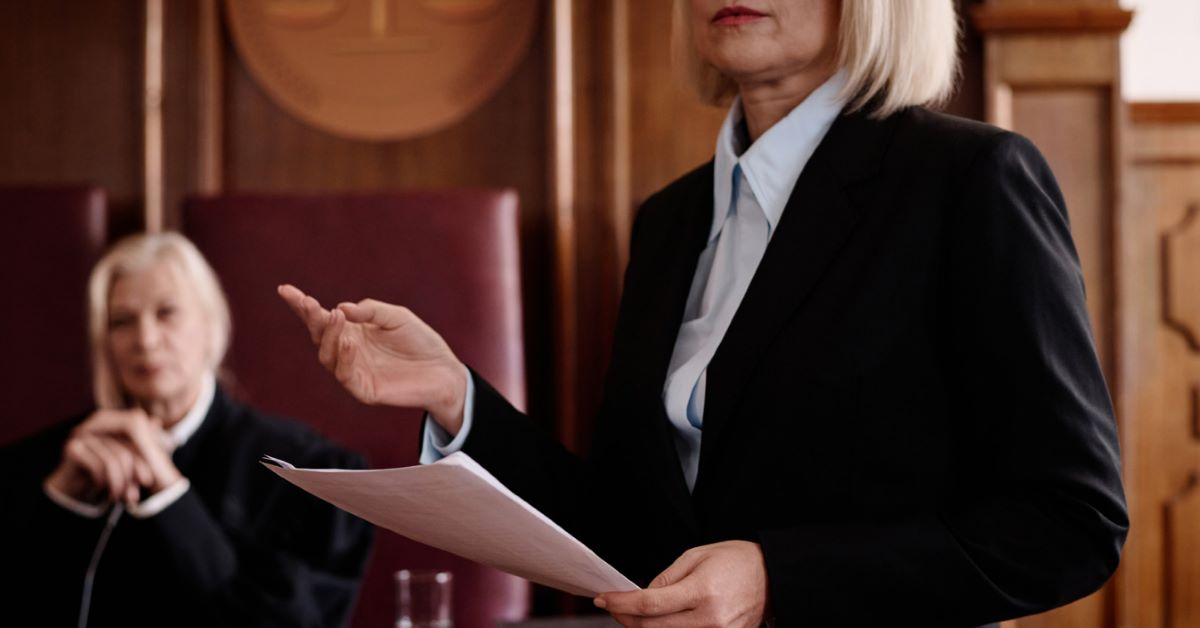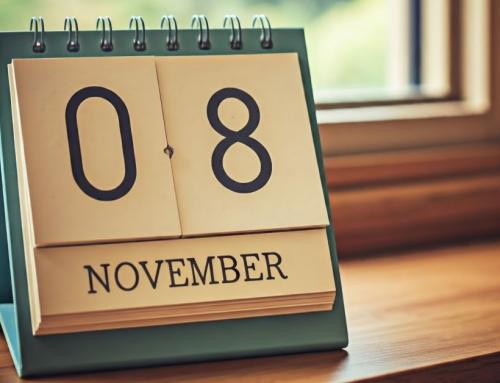By Joshua Maloof.
A lawyer’s vacation consists of the space between the question put to a witness and his answer. – Rufus Choate (1799 – 1859)
Cross-examination occurs when a witness for one party answers direct questions from another party. It sounds simple, but it is one of the most difficult aspects of advocacy. The outcome of an entire trial can turn on how a single witness performs during cross-examination.
The Importance of Preparation
In simple terms, the successful litigant will be more persuasive than the other party. Cross examination is one of the most powerful techniques available for the Court to assess which party is more persuasive. Your cross examination will be several magnitudes more difficult than the hardest job interview of your life, and you probably spent a long time preparing for that. American courtroom dramas will only prepare you to fail as a witness, so it is best to leave them out of your preparation!
Some witnesses make the grave error of memorising their testimony in a chronological way. This type of preparation is inadequate. During cross-examination, a good lawyer may ask you seemingly unrelated and irrelevant questions that follow no chronological order. If you do not study your testimony from different dimensions of time and space, you will not be prepared to answer these questions, and your evidence may not appear persuasive.
This technique was demonstrated brilliantly by Abraham Lincoln, in his successful defense of Tom Grayson, who was facing trial for the murder of Lockwood. There was only one witness to the murder, and the testimony of that witness was the critical evidence in the trial. Abraham Lincoln’s cross-examination of the witness is reproduced below from the analysis of Francis Wellman, of the New York Bar, as well as the commentary of the presiding Judge Donovan.
Lincoln does not follow any chronological line of questioning and this is exactly how he uncovers the truth (or falsehood) of the witnesses’ testimony.
Lincoln. And you were with Lockwood just before and saw the shooting?
Witness. Yes.
Lincoln. And you stood very near to them?
Witness. No, about twenty feet away.
Lincoln. May it not have been ten feet?
Witness. No, it was twenty feet or more!
Lincoln. In the open field?
Witness. No, in the timber.
Lincoln. What kind of timber?
Witness. Beech timber.
Lincoln. Leaves on it are rather thick in August?
Witness. Rather.
Lincoln. And you think this pistol was the one used?
Witness. It looks like it.
Lincoln. You could see defendant shoot, see how the barrel hung, and all about it?
Witness. Yes.
Lincoln. How near was this to the meeting place?
Witness. Three-quarters of a mile away.
Lincoln. Where were the lights?
Witness. Up by the minister’s stand.
Lincoln. Three-quarters of a mile away?
Witness. Yes — I answered ye twice.
Lincoln. Did you not see a candle there, with Lockwood or Grayson?
Witness. No! What would we want a candle for?
Lincoln. How, then, did you see the shooting?
Witness. By moonlight! (defiantly)
Lincoln. You saw this shooting at ten at night in beech timber, three-quarters of a mile from the lights, saw the pistol barrel, saw the man fire, saw it twenty feet away, saw it all by moonlight? Saw it nearly a mile from the camp lights?
Witness. Yes, I told you so before.
The witness then ‘broke down and confessed to being the one who fired the fatal shot’.
How to Compose Yourself During Cross-Examination
You may feel quite nervous before or during your cross-examination, however this is normal and the Court is very aware of this fact. In many ways, you may draw sympathy for being in the vulnerable position of the witness box. You may be surprised to learn that it is unlikely that a lawyer will approach you in cross-examination with a fury of screams and shouts. Most lawyers will be cordial and respectful to you, especially at the beginning, where they may try and calm your nerves so that you are more willing to provide greater detail in answering their questions.
What you should never do is become rude. A good lawyer will try and bait you into becoming disrespectful, and it is said by Francis Wellman that the Golden Rule is to ‘hold your own temper while you lead the witness to lose his.’
Despite his brilliant cross-examination, Socrates blundered when he became disrespectful. In his closing submissions, Socrates compared the citizens of Athens on the jury to a tired and sluggish horse. Socrates exclaimed that it was only his god-sent brilliance that could awaken the Athenians from their delirium, like a fly would rouse a sleepy horse.
Socrates could not understand how it was possible that the Athenians could sentence him to death, when the Athenians would only be committing themselves back into their own delirium.
Oh dear, Socrates.
Whilst the remainder of the Platonic dialogue records a compelling justification of Socrates’ behaviour, it should be well remembered that Socrates was a gravely unsuccessful litigant. He was sentenced to death. From a jury of 501 citizens, Socrates was found guilty by only 30 votes. One can only wonder whether his discourtesy to the Court was what cost him these 30 votes.






